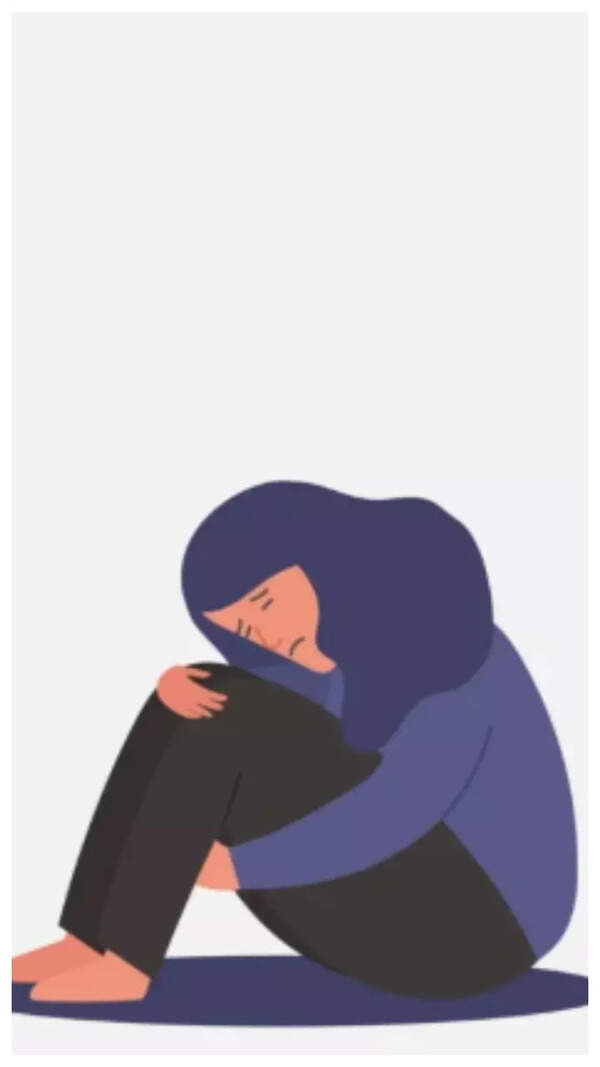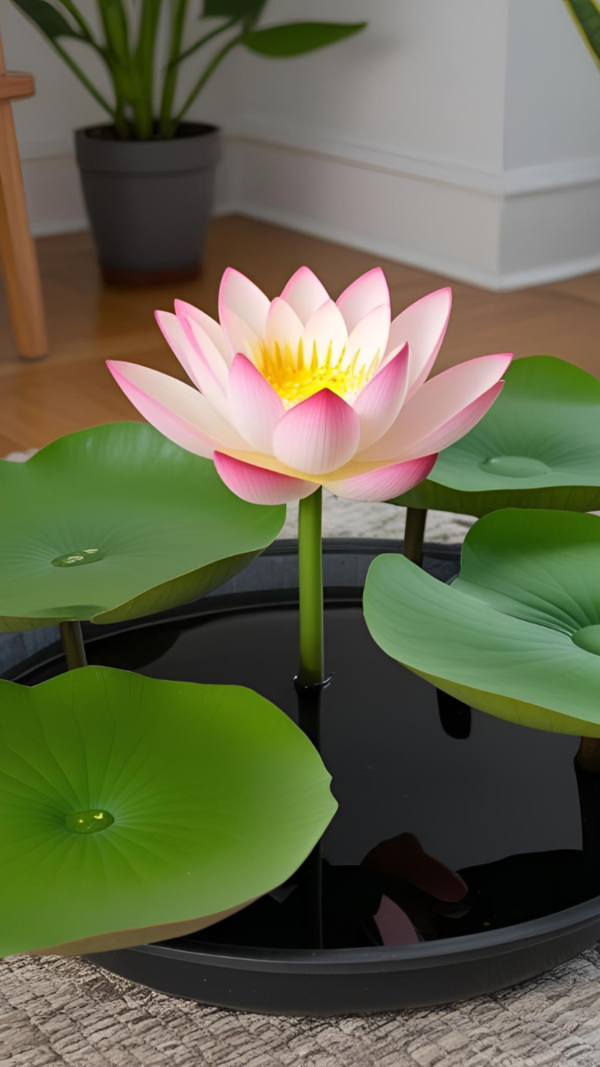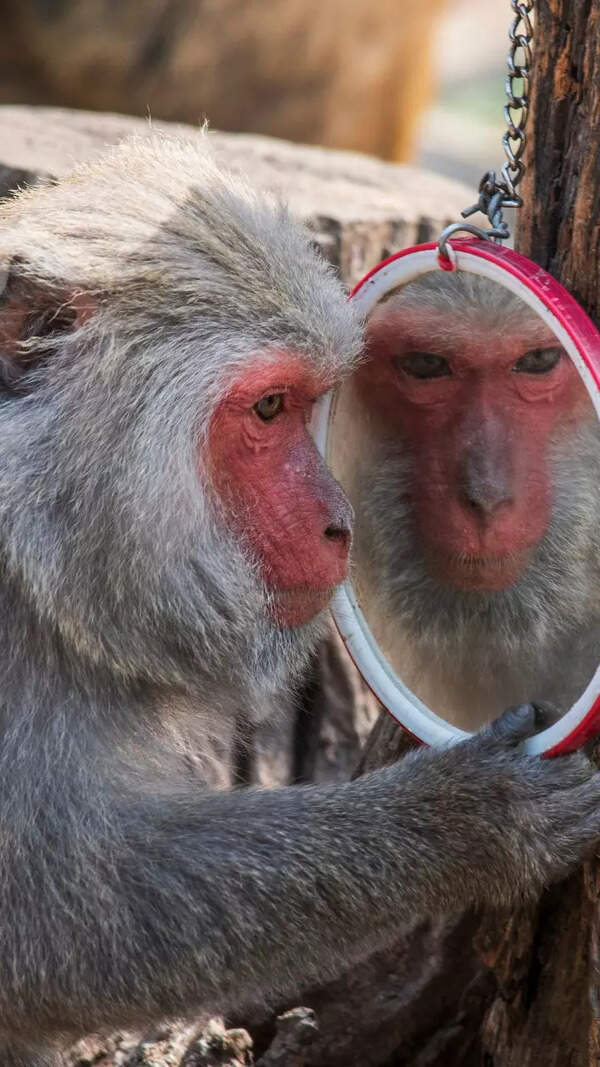- News
- City News
- chennai News
- Seeni Viswanathan, the Man Who Archived Bharati's Legacy
Trending
Seeni Viswanathan, the Man Who Archived Bharati's Legacy
As a schoolboy in Trichy, Seeni Viswanathan chanced upon a Kalki Krishnamurthi book on poet Subramania Bharati (Bharathiyar) — a moment that altered the course of his life. He went to the bookshop in search of a textbook, but when it was unavailable, he picked up the Kalki book ‘Bharati Pirandhar'. This serendipitous choice set him on the path to becoming a devoted admirer of the poet and a lifelong student of his work.
The contrast between the fiery nationalist poet and his quiet, meticulous archivist could not be more striking. Bharati was like an active volcano, while Viswanathan was more soft-spoken, mild-mannered, and unassuming. Yet, the grit and determination he showed in clearing the cobwebs of improbable fancies and anachronisms about the poet, and inaccuracies and inconsistencies in the texts of his works, brought the Padma Shri to his door this year. The Prime Minister paid him glowing tributes while releasing in December a 23-volume archival set edited by him, ‘Kaala Varisaiyil Bharati Padaippugal' (a chronological edition of Bharati's works).
Viswanathan, who authored more than 50 books on Bharati, says he was especially moved by the Prime Minister's comment that each volume contains "commentaries, descriptions, and annotations which will greatly help in understanding Bharati's thoughts in depth and grasping the context of that era".
"The recognition I received is unbelievable, especially as I never did anything to secure institutional approval. I consider it to be the blessing of Bharati himself for my work," says the 91-year-old who lives in Chennai.
Ten-year-old Seeni Viswanathan's education was hit by his father's death in 1944 until his maternal aunt from Trichy volunteered to take him under her wing. It was at Trichy's Urumu Dhanalakshmi School that Viswanathan completed his education, having by then a good grounding in Tamil and a strong predilection for the language and its literature. It was also here that he became a lifelong student of Bharati's works.
A young Viswanathan was drawn to freedom fighter M P Sivagnanam's ‘Thamizharasu Kazhagam' (TK), formed in 1946 as an association (before it became a political party in 1954), which, while championing the Tamil language and autonomy for Tamil Nadu as a state, did not have the abrasive separatist ideology and the anti-brahmin, anti-Hindu gods rhetoric of the Dravidian movement. It was through his association with TK leader Chinna Annamalai that he came to Chennai in 1955 to work as a journalist in his ‘Sanga Palagai'. As Chinna Annamalai got involved in agitations spearheaded by TK, he closed the publication, but not before introducing Viswanathan to publishers. Viswanathan worked for a few of them before becoming one himself.
His first book on Bharati, ‘Thamizhagam Thandha Mahakavi', was an anthology of the reminiscences of eminent personalities such as statesman C Rajagopalachari, poet Bharatidasan, and social reformer P Jeevanandham on the poet. In 1969, Viswanathan brought out an edition of Bharati's poems based on a study of earlier editions and enriched with footnotes on the textual variations in them. This passion for textual and factual accuracy became a hallmark of his editions on Bharati's writings. Viswanathan says his wife Sulochana supported his spartan life of dedicated scholarship and that after her passing in 2012, his son Balaji has taken over the task.
Even as his singular focus on collecting earlier editions of Bharati's works and copies of publications to which the poet made journalistic contributions was yielding results, a breakthrough in his research came with his association with the poet's stepbrother C Viswanathan (1896-1984), who established the ‘Bharati Prasuralayam' in 1924 to publish the deceased poet's works. "He asked me to come over to Manamadurai to meet him and at our first meeting, we discussed Bharati for eight hours at a stretch," says Viswanathan.
He convinced Bharati's octogenarian brother to write the poet's biography, which he set out to do in earnest, but later, handed over all his information to Viswanathan and asked him to execute the task. Today, the biography forms the first of the 23 volumes just released. While constantly searching for primary material connected to Bharati, Viswanathan says he hit the jackpot when he received issues of ‘Chakravarthini', a monthly edited by Bharati in 1905-1906 from a librarian. Bharati's birth centenary saw Viswanathan publish a detailed bibliography of Bharati's books as well as books on him. He brought such a degree of scholarship to his publications that lyricist-poet Kannadasan called him a "veritable Bharati library".
While misrepresentations of facts about Bharati's life were a dime a dozen in printed books, Viswanathan rued the fact that he could not do much about the errors and fabrications in the 2000 film ‘Bharati' based on the life of the poet. For example, the film shows Kanakalingam, the harijan who was invested with the sacred thread by Bharati, as conversing with him before his death and as a participant in his funeral. "But this is contrary to facts as Kanakalingam recorded in print that he knew of Bharati's death only later," says Viswanathan. He also found no substance in the film presentation that the French police raided the press in Pondicherry where Bharati's ‘India' journal was printed and set fire to the copies of the journal, bringing the publication to a halt. "The British snuffed it out."
With such an incisive understanding, the six decades of experience Viswanathan gained in Bharati texts found fruition in his chronological edition of the writer's poetic and prose works, making it the consummation of his archival efforts and bringing him national recognition when he turned 90. "If I have traversed this far in Bharati studies, it is because I always felt his presence," he says.
(The writer is a journalist and author)
End of Article
Follow Us On Social Media








